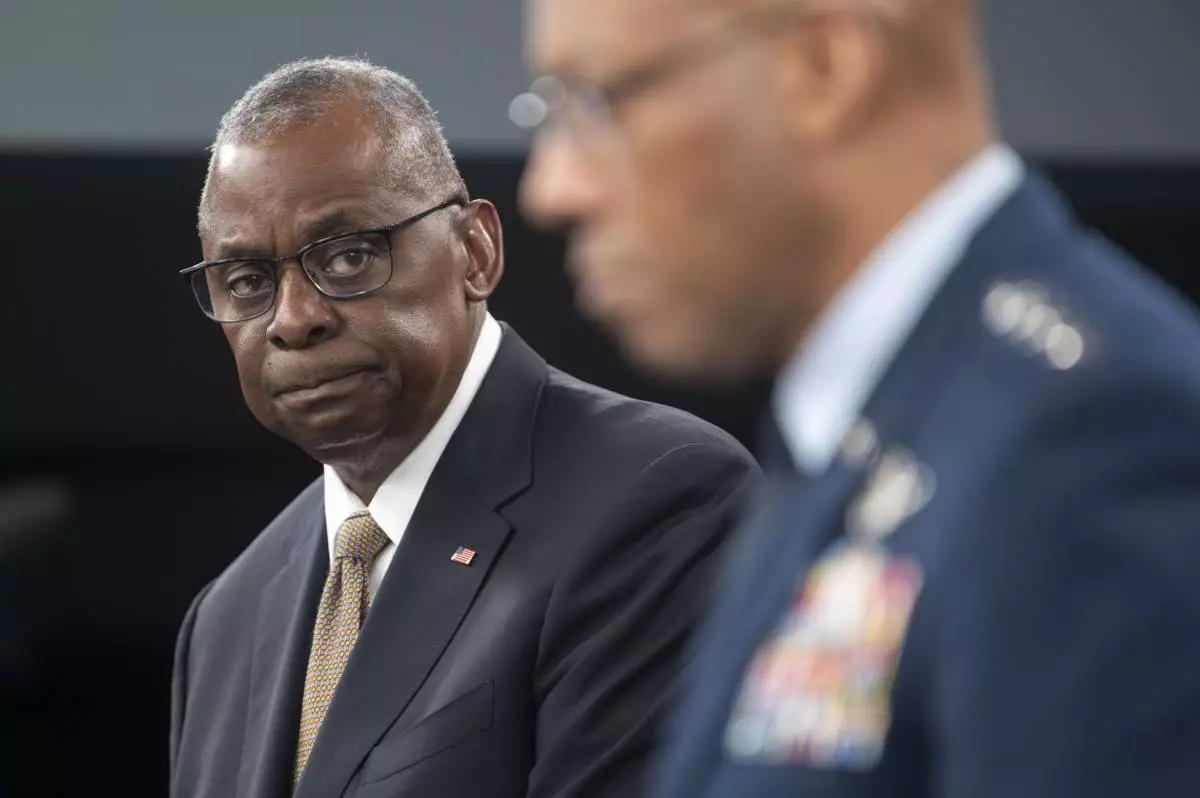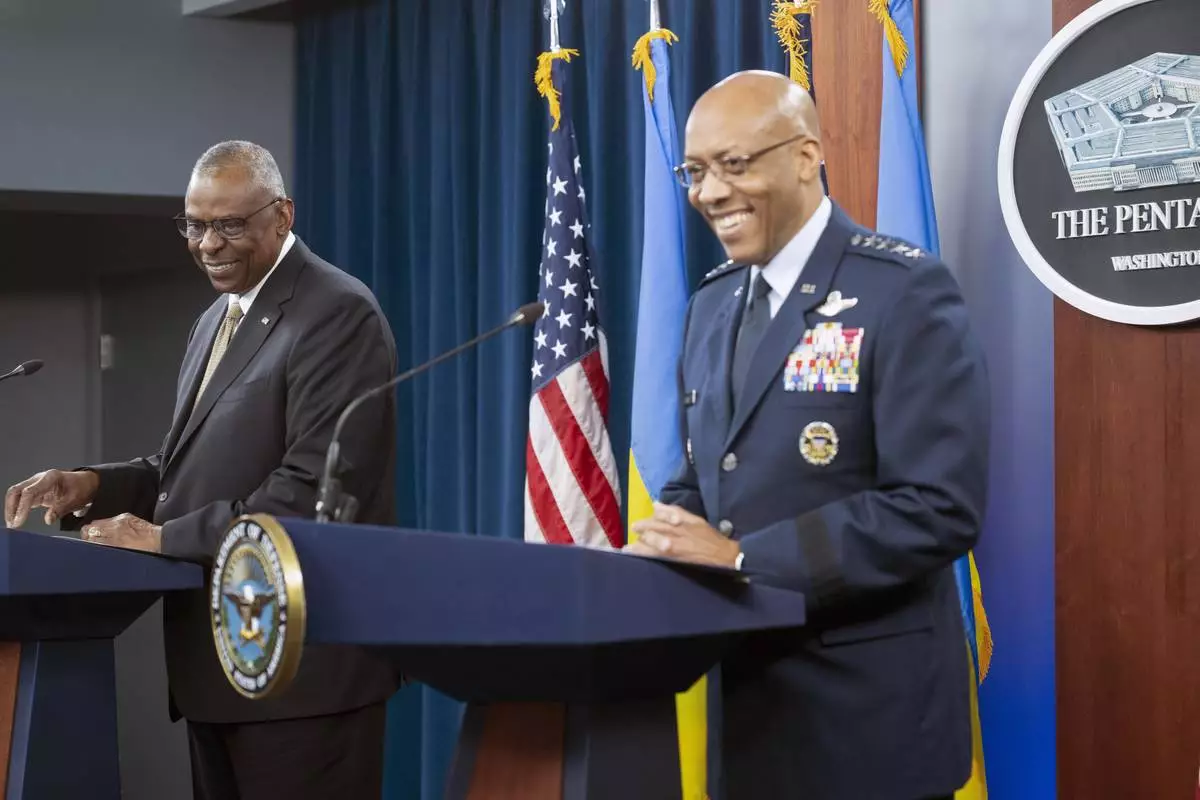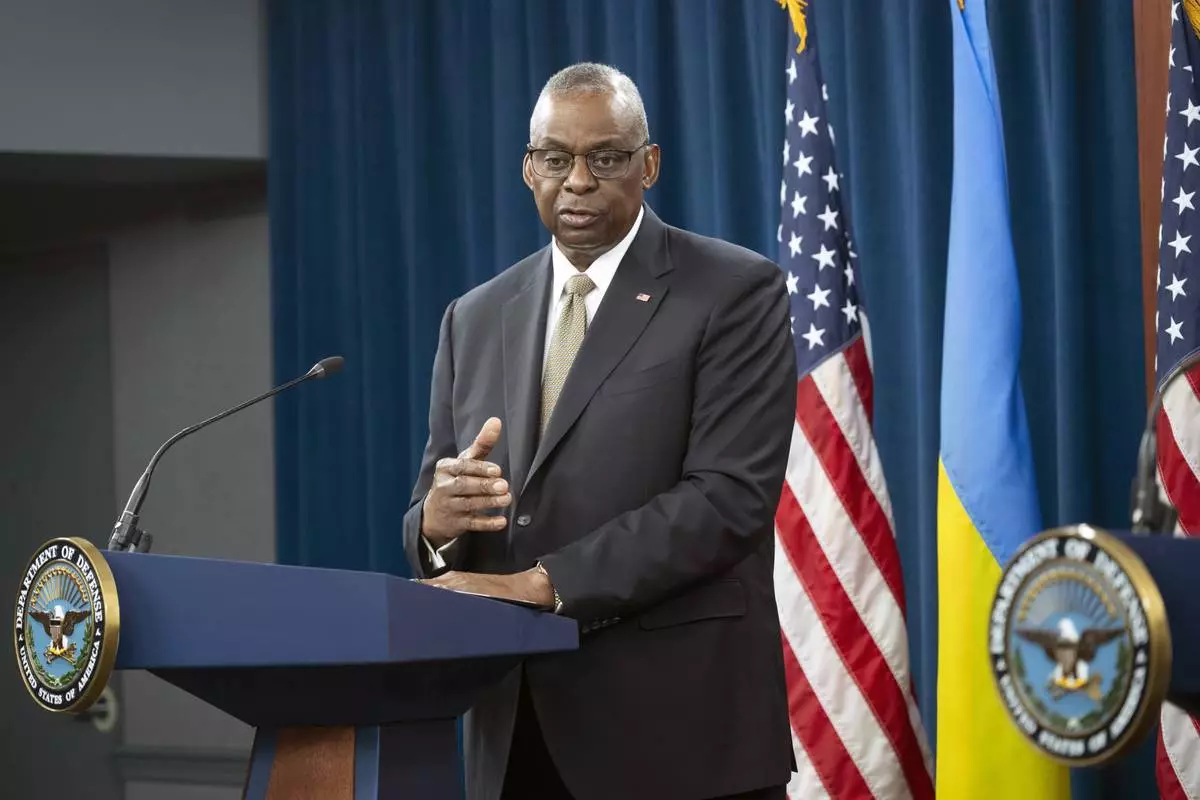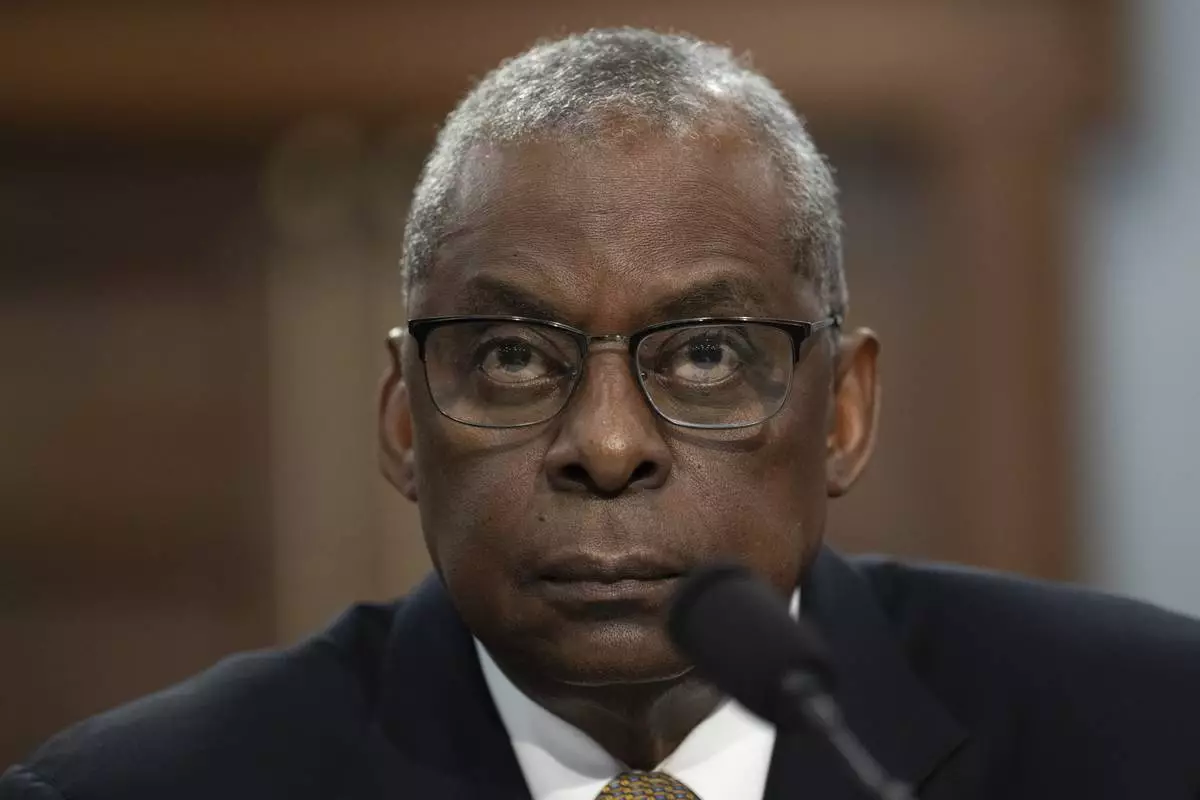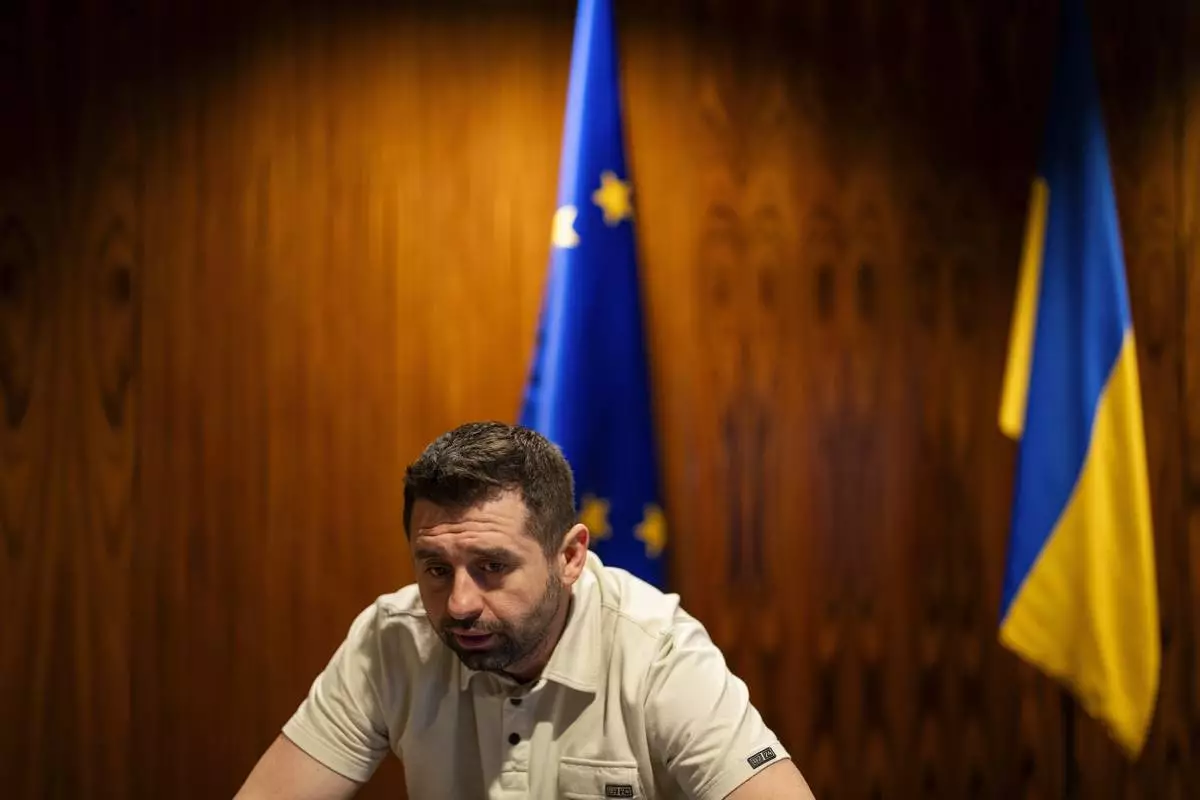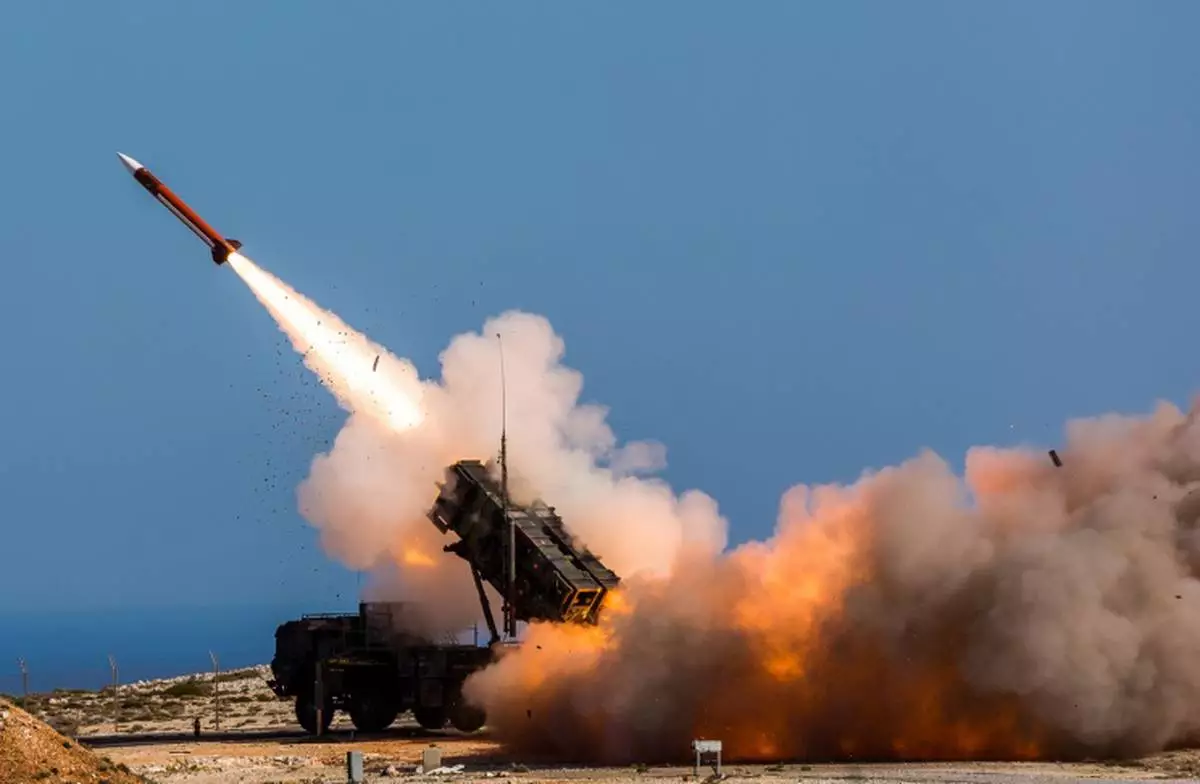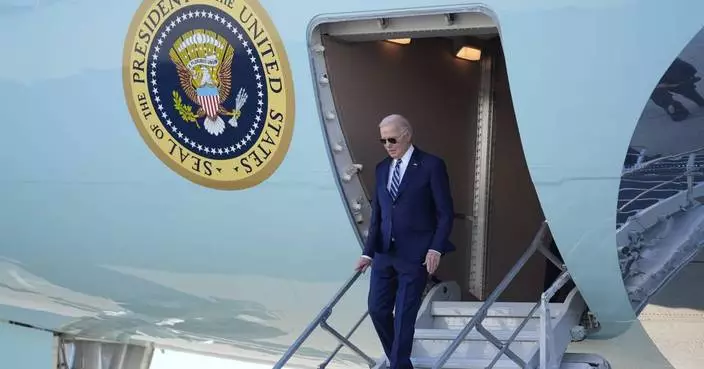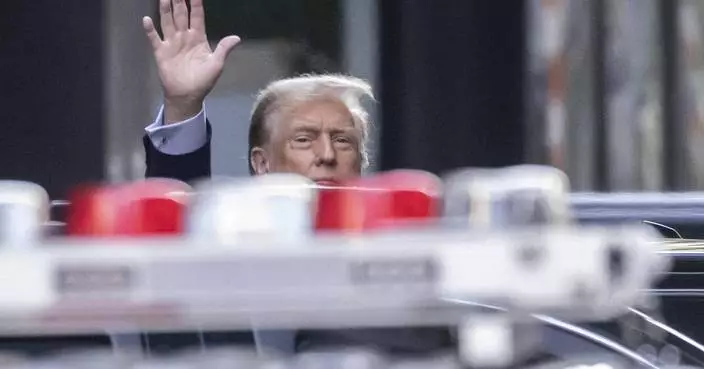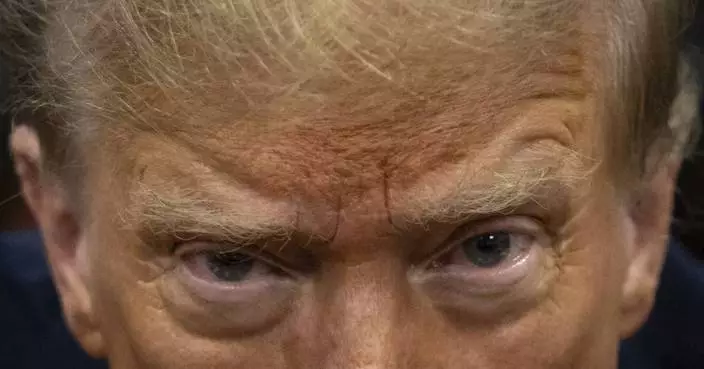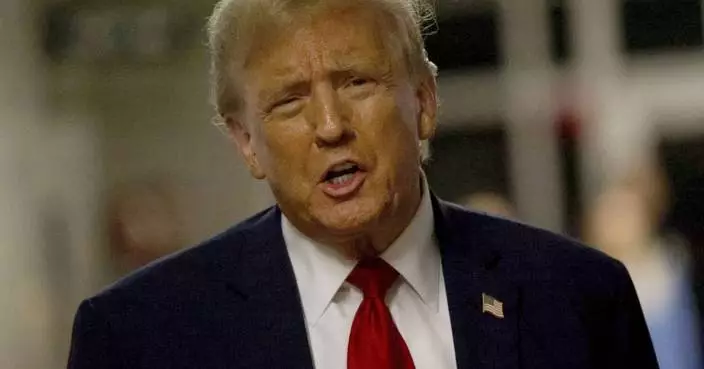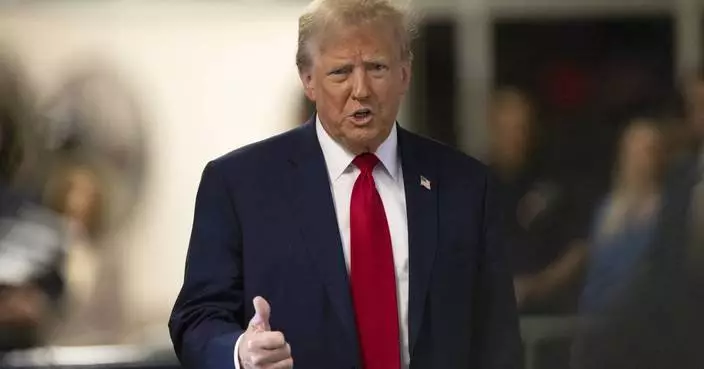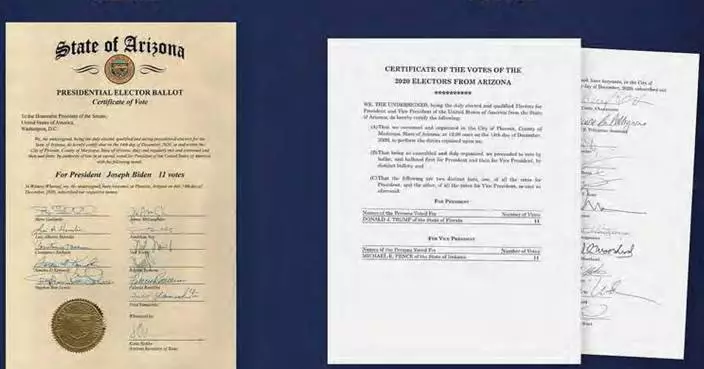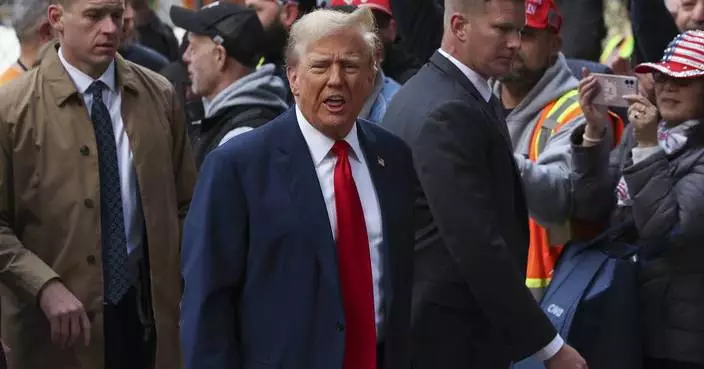President Donald Trump on Thursday abruptly canceled his summit with North Korea's Kim Jong Un, blaming "tremendous anger and open hostility" by Pyongyang — a decision North Korea called "regrettable" while still holding out hope for "peace and stability."
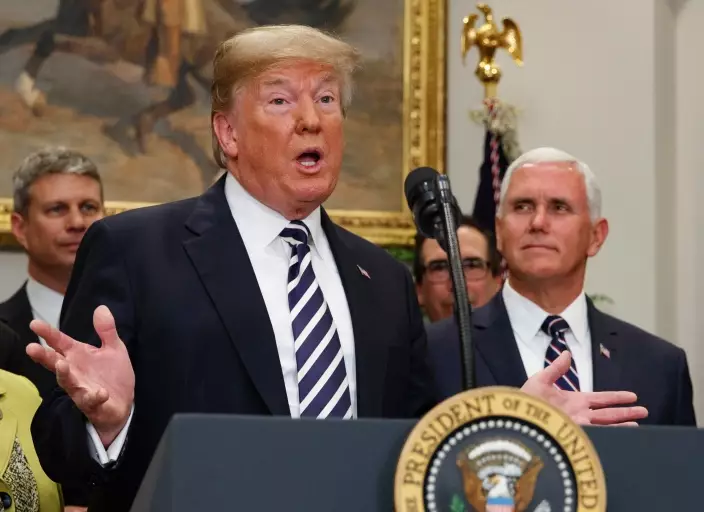
President Donald Trump answers a question about North Korea after signing the "Economic Growth, Regulatory Relief, and Consumer Protection Act," in the Roosevelt Room of the White House, Thursday, May 24, 2018, in Washington (AP Photo/Evan Vucci)
In a letter to Kim announcing his decision to back away from the June 12 summit, Trump pointed to America's vast military might and warned the rising nuclear power against any "foolish or reckless acts."
The letter kicked off a day of mixed messages by the president, who declared hours later, "I really believe Kim Jong Un wants to do what's right." After that, a senior White House official said the North lacked judgment and had reneged on its promises ahead of the summit. Trump said from the White House that a "maximum pressure campaign" of economic sanctions and diplomatic isolation would continue against North Korea — with which the U.S. is technically still at war — but he added that it was possible the summit could still take place at some point.
North Korea issued a statement Friday saying it is still "willing to give the U.S. time and opportunities" to reconsider talks "at any time, at any format."
Vice Foreign Minister Kim Kye Gwan called Trump's decision "unexpected" and "very regrettable," and said the cancellation of the talks shows "how grave the status of historically deep-rooted hostile North Korea-U.S. relations is and how urgently a summit should be realized to improve ties."
Kim insisted North Korea's "objective and resolve to do our best for the sake of peace and stability of the Korean Peninsula and all humankind remain unchanged."
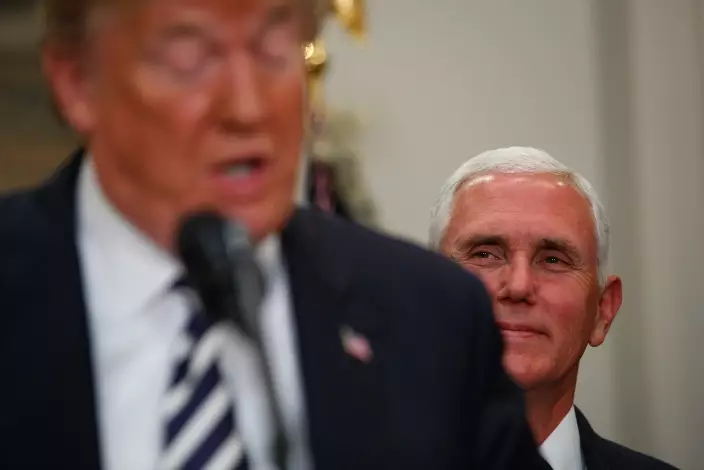
Vice President Mike Pence listens as President Donald Trump delivers a statement on North Korea before signing the "Economic Growth, Regulatory Relief, and Consumer Protection Act," in the Roosevelt Room of the White House, Thursday, May 24, 2018, in Washington. (AP Photo/Evan Vucci)
Trump's surprise exit capped weeks of high-stakes brinkmanship between the two unpredictable leaders over nuclear negotiating terms for their unprecedented sit-down. The U.S. announcement came not long after Kim appeared to make good on his promise to demolish his country's nuclear test site. But it also followed escalating frustration — and newly antagonistic rhetoric — from North Korea over comments from Trump aides about U.S. expectations for the North's "denuclearization."
The senior U.S. official said the North violated a pledge to allow international inspectors to monitor the supposed implosion of the site Thursday. International journalists were present, but the U.S. government can't verify the site's destruction. The official spoke on the condition of anonymity to avoid overshadowing Trump's comments Thursday.
Russian President Vladimir Putin, a staunch Kim ally, said the North Korean leader had in fact done "everything that he had promised in advance, even blowing up the tunnels and shafts" of his country's nuclear testing site. Putin said of Trump's announcement, "In Russia we took this news with regret."
Trump, in his letter to Kim, objected specifically to a statement from a top North Korean Foreign Ministry official. That statement referred to Vice President Mike Pence as a "political dummy" for his comments on the North and said it was up to the Americans whether they would "meet us at a meeting room or encounter us at nuclear-to-nuclear showdown."
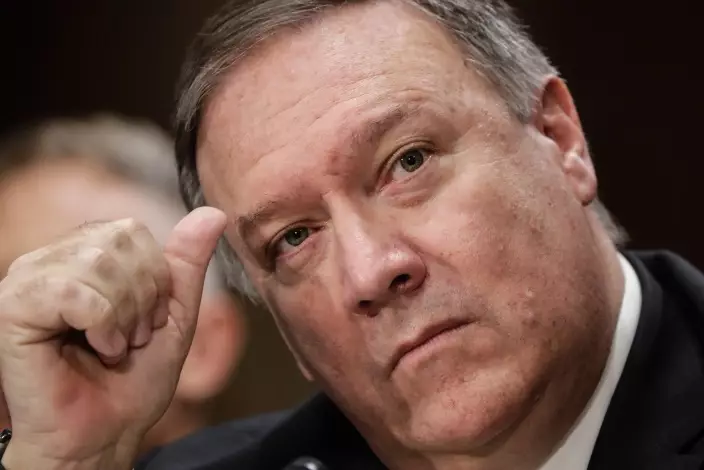
Secretary of State Mike Pompeo answers questions from the Senate Foreign Relations Committee just after President Donald Trump canceled the June 12 summit with North Korea's Kim Jong Un, citing the "tremendous anger and open hostility" in a recent statement from North Korea, on Capitol Hill in Washington, Thursday, May 24, 2018. (AP Photo/J. Scott Applewhite)
Underscoring the high stakes, Trump said he had spoken with military leaders, as well as Japan and South Korea, and stressed that the United States was prepared for any threat.
Still, Trump's announcement appeared to surprise South Korea, which had pushed to keep the summit on track as recently as Tuesday, when President Moon Jae-in met with Trump in the Oval Office and said the "fate and the future" of the Korean Peninsula hinged on the talks. The Blue House said Thursday that it was trying to figure out Trump's intentions in canceling the summit.
Trump, who considers himself a master dealmaker, has confounded aides and allies at every turn of the fateful flirtation with the North. He looked past the warnings of senior aides when he accepted Kim's invitation to meet back in March. He unveiled the date and the time with characteristic showmanship. And after initially projecting calm in the face of North Korea's escalating rhetoric, he made a sudden about face, though his letter also waxed poetic about the "wonderful dialogue" emerging between the two leaders.
Wrote Trump: "If you change your mind having to do with this most important summit, please do not hesitate to call me or write."
It was unclear whether Trump's move marked a negotiating ploy or a manifestation of mounting internal concerns over ensuring a successful outcome for the summit.
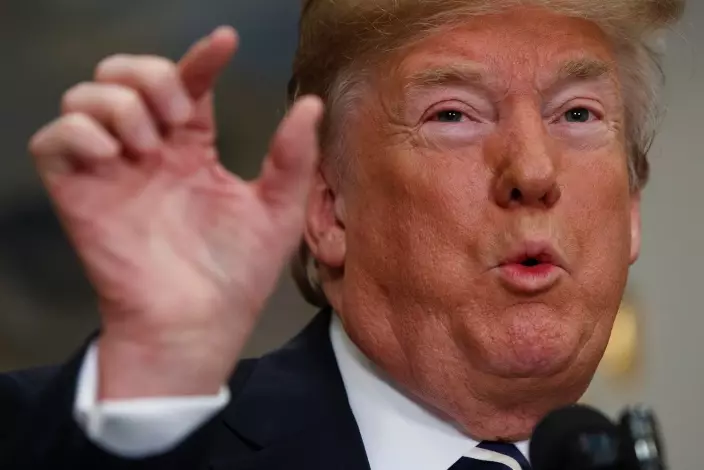
President Donald Trump delivers a statement on North Korea before signing the "Economic Growth, Regulatory Relief, and Consumer Protection Act," in the Roosevelt Room of the White House, Thursday, May 24, 2018, in Washington (AP Photo/Evan Vucci)
Trump was briefed Wednesday night and made the decision to exit Thursday morning after consulting with top advisers, including Secretary of State Mike Pompeo and National Security Adviser John Bolton, to whom he dictated the letter, said the senior official.
The question now is how Trump's maneuvering will be received. His letter could make the situation worse in a society where saving face can be pivotal. Kim might well take offense at the hardnosed U.S. approach after he released American detainees and destroyed a nuclear site.
Trump's aides had warned that merely agreeing to the summit had provided Kim with long-sought international legitimacy and, if Trump ultimately backed out, risked fostering the perception that the president was insufficiently committed to diplomatic solutions to the nuclear question.
U.S. defense and intelligence officials have repeatedly assessed the North to be on the threshold of having the capability to strike anywhere in the continental U.S. with a nuclear-tipped missile — a capacity that Trump and other U.S. officials have said they would not tolerate.
Pompeo, testifying on Capitol Hill, said North Korea had not responded to repeated requests from U.S. officials to discuss logistics for the summit. He told the Senate Foreign Relations Committee the lack of response was an additional reason for Trump's decision.
"We got a lot of dial tones, Senator," he told committee chairman Bob Corker.
A White House team was set to fly to Singapore this weekend to continue logistical planning for the meeting.
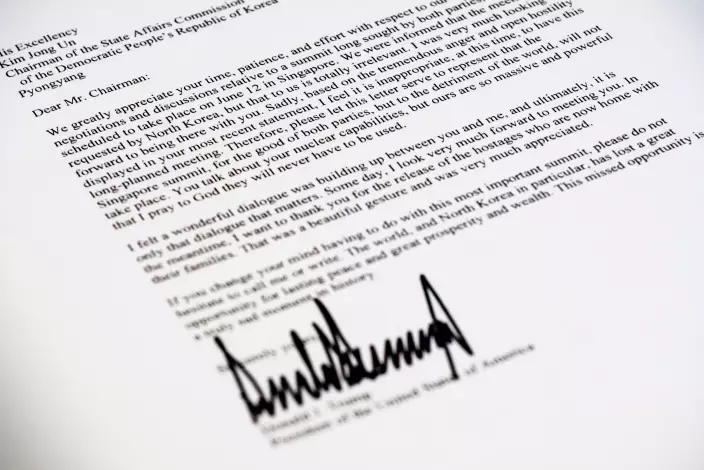
A copy of the letter sent to North Korean leader Kim Jong Un from President Donald Trump canceling their planned summit in Singapore is photographed in Washington, Thursday, May 24, 2018. (AP Photo/J. David Ake
Pompeo said the North's posture had changed markedly since he returned from Pyongyang earlier this month, a trip during which he met with Kim and oversaw the release of three Americans being held. Trump suggested this week that China was to blame for "a little change" in Kim's attitude. Kim paid a secret visit to his primary ally just before Pompeo's visit, and China is wary of any shift in the balance of power on the Korean peninsula.
Trump's allies in Congress applauded the president, saying he was justified in pulling out of the meeting.
"North Korea has a long history of demanding concessions merely to negotiate. While past administrations of both parties have fallen for this ruse, I commend the president for seeing through Kim Jong Un's fraud," said Sen. Tom Cotton, R-Ark.
Critics were less impressed.
House Minority Leader Nancy Pelosi, D-Calif., said it was clear Trump "didn't know what he was getting into and now he's walking away" in a "very chummy, palsy-walsy letter" that's "kind of like a valentine to Kim Jong Un."
White House officials have privately predicted for weeks that the summit could be canceled once or twice before actually taking place. Trump has seemed to welcome chatter of a Nobel Peace Prize, but that has yielded in recent weeks to the sobering prospect of ensuring a successful outcome with the Kim.



